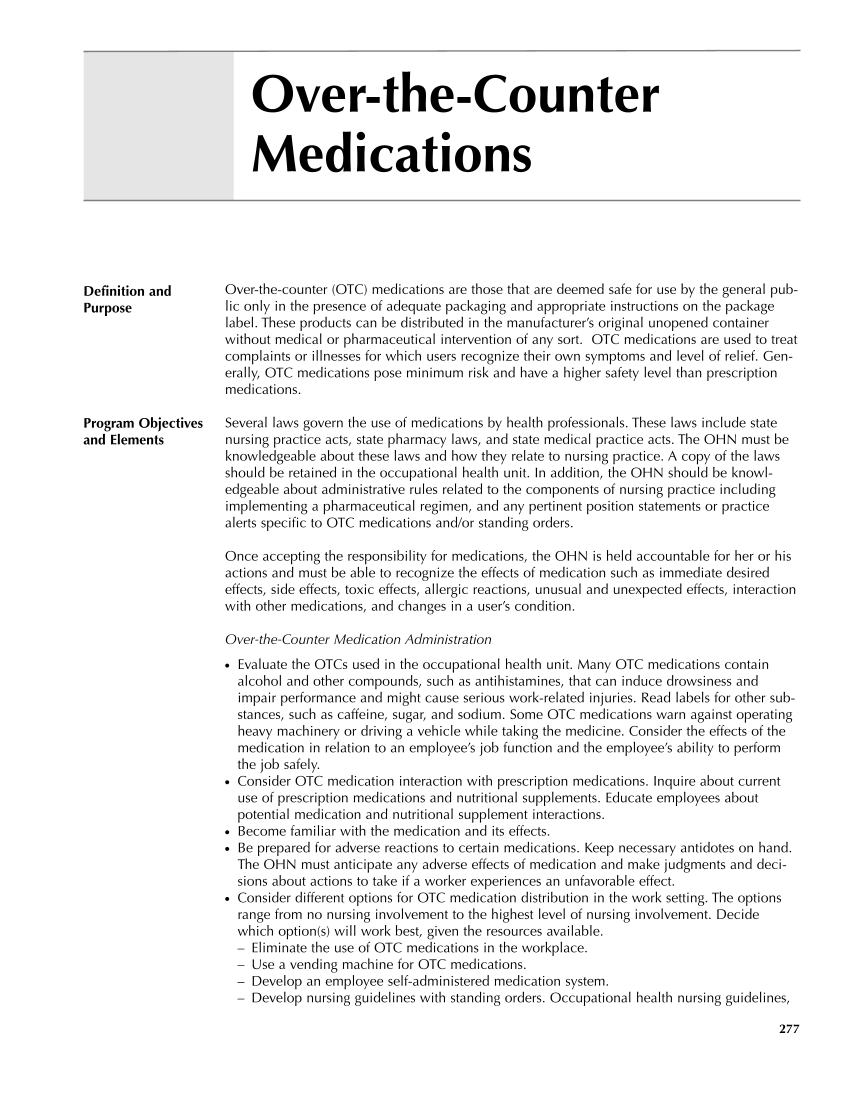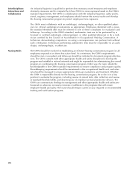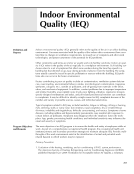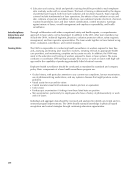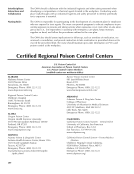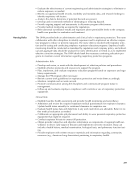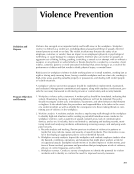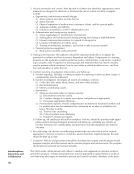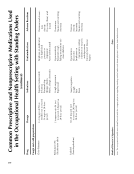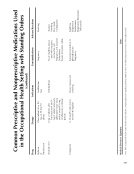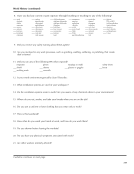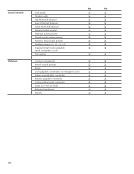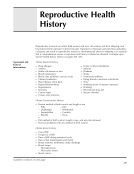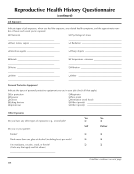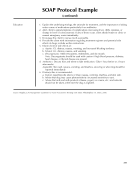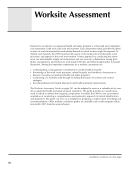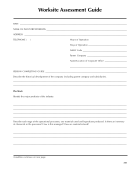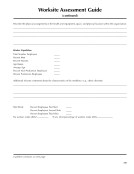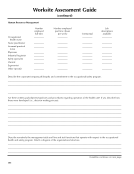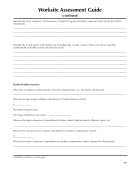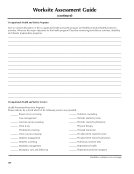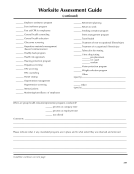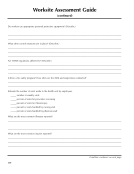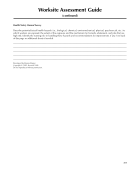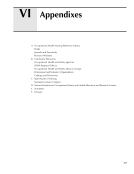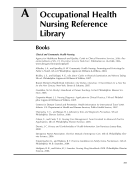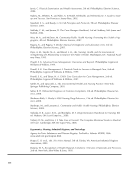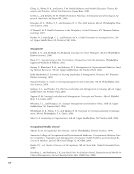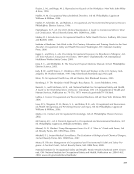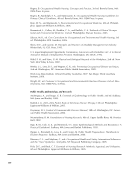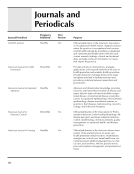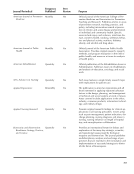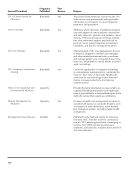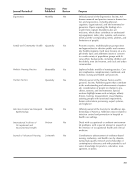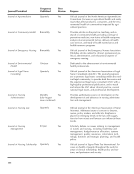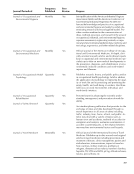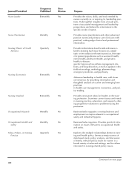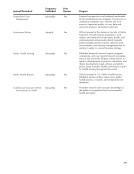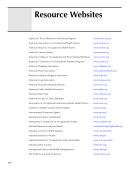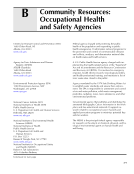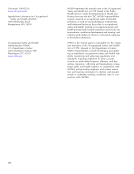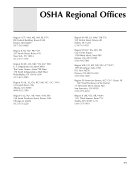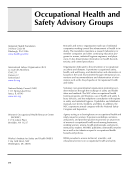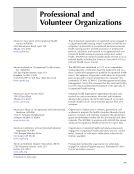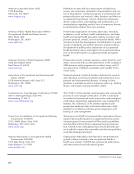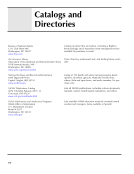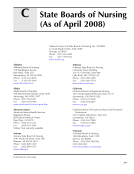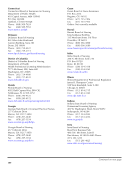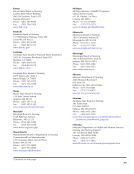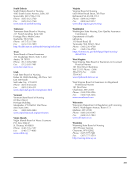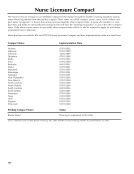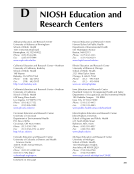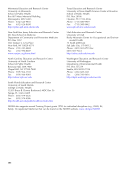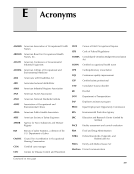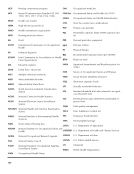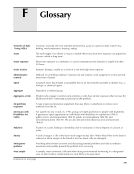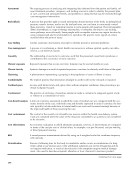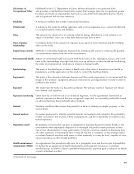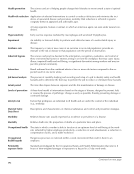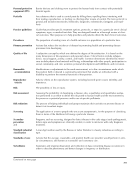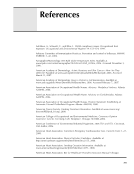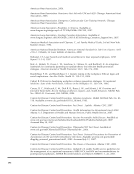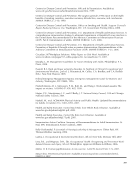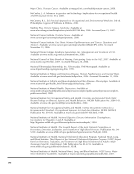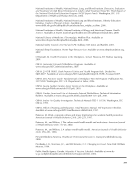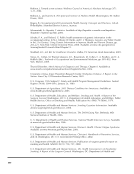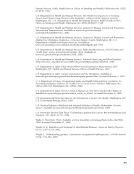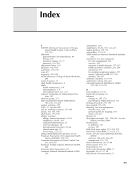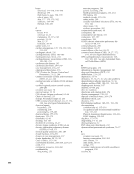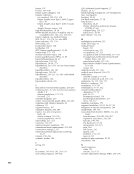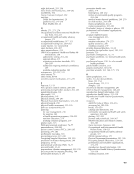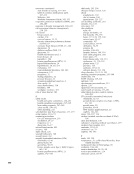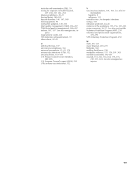277 Over-the-counter (OTC) medications are those that are deemed safe for use by the general pub- lic only in the presence of adequate packaging and appropriate instructions on the package label. These products can be distributed in the manufacturer’s original unopened container without medical or pharmaceutical intervention of any sort. OTC medications are used to treat complaints or illnesses for which users recognize their own symptoms and level of relief. Gen- erally, OTC medications pose minimum risk and have a higher safety level than prescription medications. Several laws govern the use of medications by health professionals. These laws include state nursing practice acts, state pharmacy laws, and state medical practice acts. The OHN must be knowledgeable about these laws and how they relate to nursing practice. A copy of the laws should be retained in the occupational health unit. In addition, the OHN should be knowl- edgeable about administrative rules related to the components of nursing practice including implementing a pharmaceutical regimen, and any pertinent position statements or practice alerts specific to OTC medications and/or standing orders. Once accepting the responsibility for medications, the OHN is held accountable for her or his actions and must be able to recognize the effects of medication such as immediate desired effects, side effects, toxic effects, allergic reactions, unusual and unexpected effects, interaction with other medications, and changes in a user’s condition. Over-the-Counter Medication Administration ● Evaluate the OTCs used in the occupational health unit. Many OTC medications contain alcohol and other compounds, such as antihistamines, that can induce drowsiness and impair performance and might cause serious work-related injuries. Read labels for other sub- stances, such as caffeine, sugar, and sodium. Some OTC medications warn against operating heavy machinery or driving a vehicle while taking the medicine. Consider the effects of the medication in relation to an employee’s job function and the employee’s ability to perform the job safely. ● Consider OTC medication interaction with prescription medications. Inquire about current use of prescription medications and nutritional supplements. Educate employees about potential medication and nutritional supplement interactions. ● Become familiar with the medication and its effects. ● Be prepared for adverse reactions to certain medications. Keep necessary antidotes on hand. The OHN must anticipate any adverse effects of medication and make judgments and deci- sions about actions to take if a worker experiences an unfavorable effect. ● Consider different options for OTC medication distribution in the work setting. The options range from no nursing involvement to the highest level of nursing involvement. Decide which option(s) will work best, given the resources available. – Eliminate the use of OTC medications in the workplace. – Use a vending machine for OTC medications. – Develop an employee self-administered medication system. – Develop nursing guidelines with standing orders. Occupational health nursing guidelines, Definition and Purpose Program Objectives and Elements Over-the-Counter Medications
Purchased from OEM Press by (ge corporate access). (C) 2013 OEM Health Information, Inc. All rights reserved.
